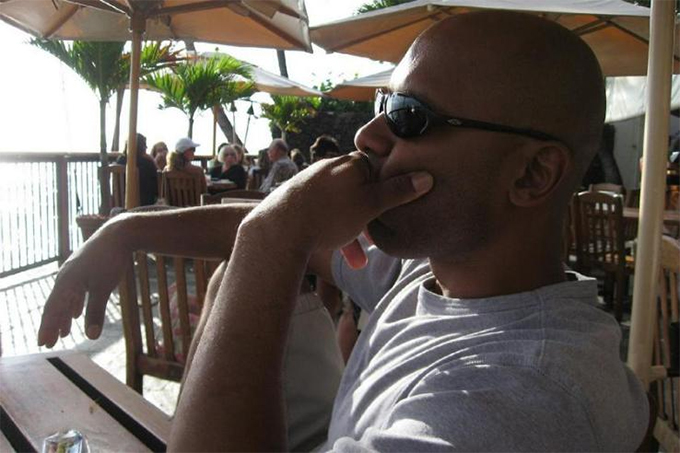Twitter engineering leaves company because there are too many White people
Source: techcrunch.com

Twitter Engineering Manager Leslie Miley, the only black engineer in a leadership position at Twitter, just publicly announced that he has left the company. In his post, he says his reasons for leaving have everything to do with the way Twitter is addressing diversity and inclusion.
Though Miley was laid off as part of Twitter’s cuts in October, he says he had already told Twitter that he had planned on leaving at the end of October. He also passed on the severance package so that he could speak openly about his experience at Twitter. So, it seems as if Twitter was hoping to silence Miley by bundling him into the company’s layoffs.
A particular low moment for Miley, he wrote, happened when he asked a question at Twitter’s engineering leadership meeting about what specific steps Twitter engineering was taking to increase diversity. Twitter’s senior VP of Engineering responded, “diversity is important, but we won’t lower the bar.” Miley did not name names in his post. A visit to the leadership page on Twitter’s website will reveal that the company’s SVP of engineering is Alex Roetter.
The tipping point for Miley, who joined Twitter in January 2013, came after meeting with Roetter to discuss Miley’s idea for a job proposal that focused on increasing diversity in engineering at Twitter. They both agreed that it was important to track the ethnicity of potential candidates in order to better understand where candidates were dropping out of the employment pipeline, Miley wrote on Medium.
Where the two disagreed was around how to track the ethnicities of the candidates.
As we continued the discussion, he suggested I create a tool to analyze candidates last names to classify their ethnicity. His rationale was to track candidates thru the pipeline to understand where they were falling out. He made the argument that the last name Nguyen, for example, has an extremely high likelihood of being Vietnamese. As an engineer, I understand this suggestion and why it may seem logical. However, classifying ethnicity’s by name is problematic as evidenced by my name (Leslie Miley) What I also found disconcerting is this otherwise highly sophisticated thinker could posit that an issue this complex could be addressed by name analysis. (For reference, here is a tool that attempts to do that. With Jewish or African/African Americans, this classifier scored 0% on identifying these groups in Twitter engineering). While not intentional, his idea underscored the unconscious tendency to ignore the complex forces of history, colonization, slavery and identity.
After that meeting, Miley started thinking about how, in good conscience, he could continue working at Twitter, where its SVP of engineering “could see himself as a technology visionary and be so unaware of this blind spot in his understanding of diversity.”
Still, Miley wrote that he left Twitter feeling conflicted, as he sees Twitter as a platform for empowering underserved and underrepresented people. He mentioned how he felt pride and a sense of purpose working on a platform that made powerful movements like #BlackLivesMatter possible.
In agreement with Mark S. Luckie, former manager of journalism and news at Twitter, Miley believes that some people see diversity as something that gets in the way, rather than as a benefit to growth.
Twitter’s workforce consists of 1% African-Americans and 3% Hispanics in the U.S., and 13% women worldwide, according to its latest diversity report. Miley argues that Twitter’s issues with growth and engagement are related to the company’s issues with diversity.
“For some at Twitter, diversity is an obstruction to avoid,” Miley wrote. “With my departure, Twitter no longer has any managers, directors, or VP’s of color in engineering or product management. From this position, Twitter may find it difficult to make the changes to culture and product.”
Twitter has since “responded,” but failed to address what Miley said about his experience at Twitter and interactions with Roetter.
“We’re committed to making substantive progress in making Twitter more diverse and inclusive,” a Twitter spokesperson said. “This commitment includes the expansion of our inclusion and diversity programs, diversity recruiting, employee development, and resource group-led initiatives. Beyond just disclosing our workforce representation statistics, we have also publicly disclosed our representation goals for women and under-represented minorities for 2016, making us the largest tech company to put hard numbers around its diversity commitment.”
I then specifically asked Twitter about Miley’s interactions with Roetter, to which a spokesperson responded, “We’re not commenting on that.”
Before joining Twitter, Miley spent time at tech giants like Apple, Google and Yahoo. He says he plans to take some time off before diving into his next venture. Head on over to Medium to read more about why Miley left Twitter.
Source: techcrunch.com






















